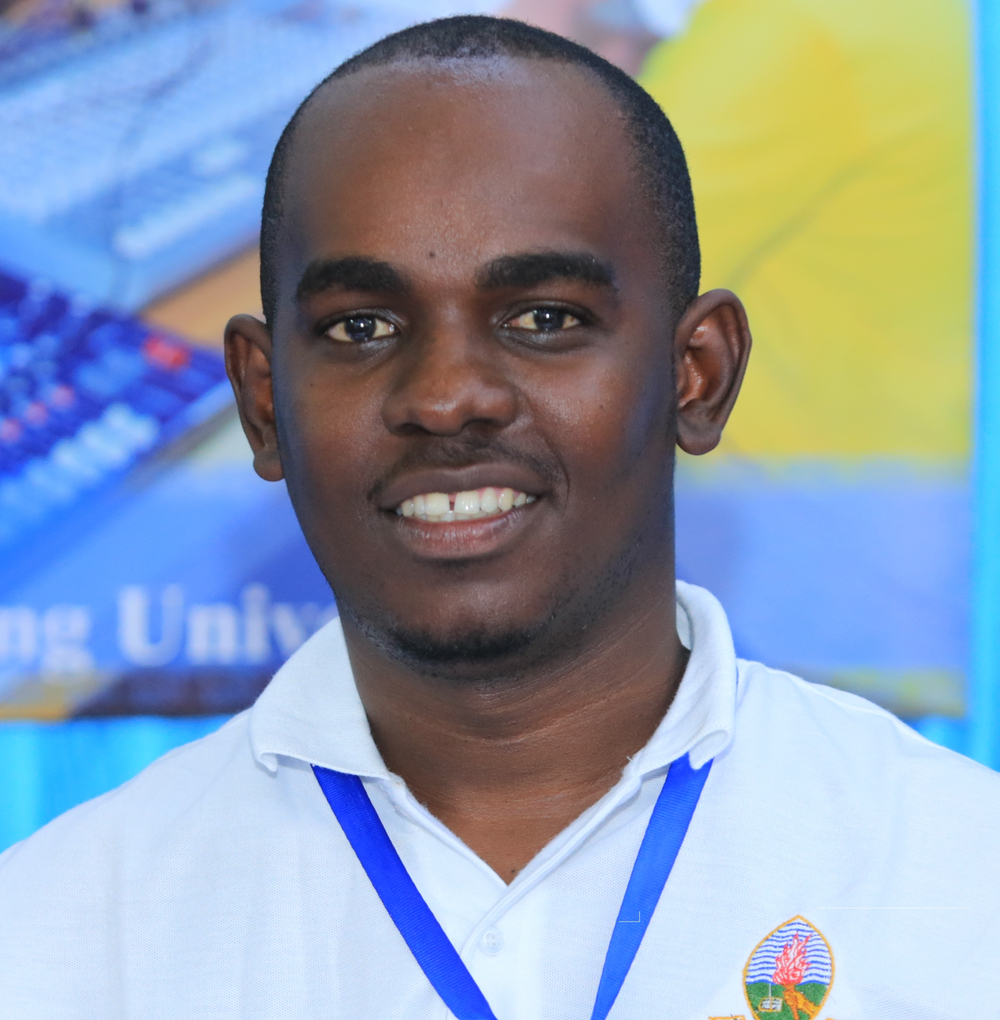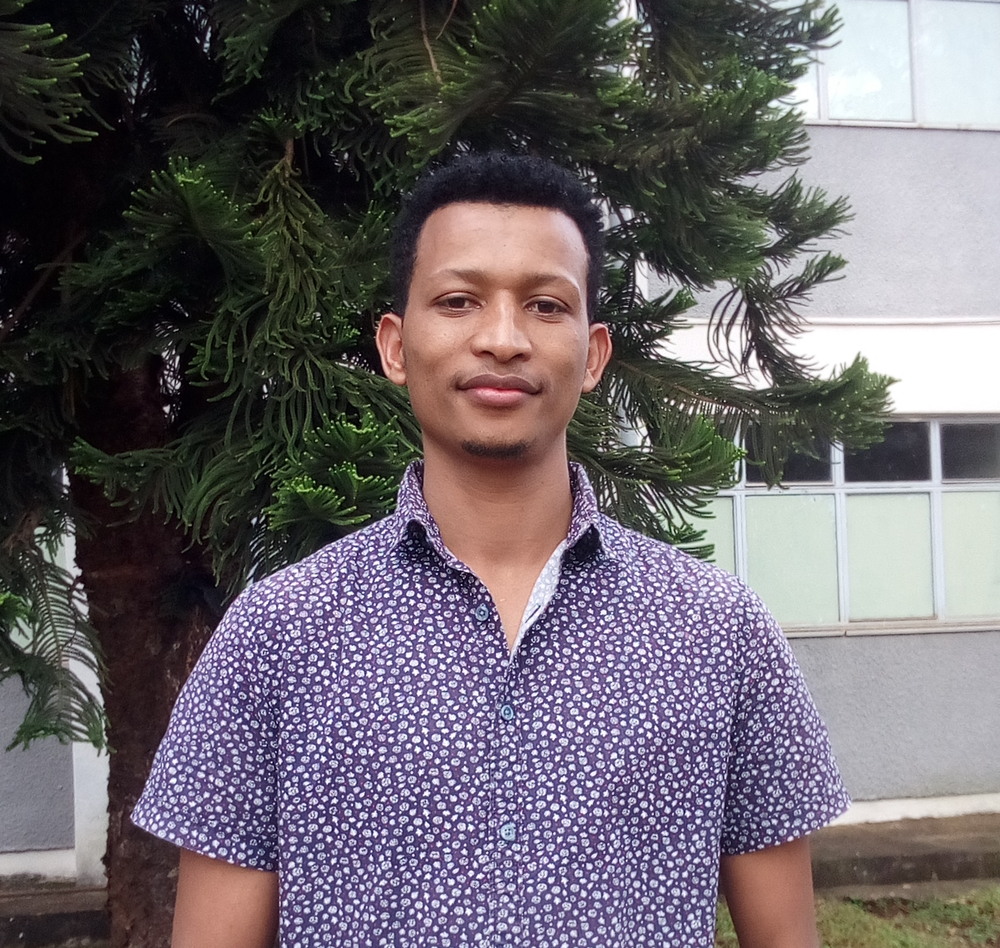Recipients of 2021 Young African Phosphorus Fellowship Award Announced
Recipients of 2021 Young African Phosphorus Fellowship Award Announced
Awards of USD $5,000 have been conferred to five early-career African scientists to encourage scientific programs relevant to understanding and improving phosphorus (P) management in agro-ecosystems. These awards are sponsored by the African Plant Nutrition Institute (APNI), Mohammed VI Polytechnic University (UM6P), and OCP Group.
Brief details about this year’s recipients are provided below.
Dr. Benjamin Karikari — Department of Crop Science, Faculty of Agriculture, Food and Consumer Sciences, University for Development Studies, Tamale, Ghana

Dr. Karikari’s project is investigating the potential for genetic improvement of P use efficiency in soybean.
“The identification of soybean germplasm with high adaptation to low-P-input environments may enhance soybean productivity and reduce the reliance on costly synthetic P fertilizers,” explains Dr. Karikari.
The study has the goal of improving our understanding of the genetic basis of P use efficiency (PUE) in Ghana, and will use the results to design a breeding program for improving PUE, or breed for soybean with optimum yield under limited soil P conditions.
Dr. Matheus Sampaio C. Barreto — AgroBiosciences Program, Mohammed VI Polytechnic University (UM6P), Benguérir, Morocco

Dr. Barreto’s project is a molecular-scale investigation of organic P sorption-desorption on soil mineral phase and its hydrolysis by phosphatase.
“The investigation of environmental constraints on adsorption-sorption of organic-P and the phosphates, as well as on the phosphatase’s enzymatic activities parameters after adsorption on minerals is a scientific challenge,” explains Barreto.
Overall, this project aims to use an advanced spectroscopic technique under in-situ and real time regime to unravel the adsorption-desorption of organic-P and phosphatase molecules on iron (Fe)-oxide mineral in single and binary systems. The outcomes for this work in molecular-scale organic-P environmental chemistry are required to improve the modeling and prediction of carbon and P cycles under natural environments.
Mr. Daniel Mjinja — School of Mines and Geosciences, University of Dar es Salaam, Dar es Salaam, Tanzania

Mr. Minja’s research is on the production of bone meal from animal bones as an alternative source of P in agriculture.
“Production of the bone meal will enhance environmental conservation policies since the animal bones which are regarded as wastes, will now be utilized to produce useful products, explains Mjinja.
The main objective is to produce and commercialize the bone meal as a low-cost P source.
Dr. Anthony Oyeogbe — Faculty of Agriculture, University of Ibadan, Ibadan, Nigeria

Dr. Oyeogbe is examining the influence of P on microbial nitrogen (N) transformation and nitrous oxide (N2O) emission.
“A deeper insight into sustainable P management, microbial soil N transformation, and N2O emissions has important implications for agronomic productivity and the prediction of global N2O emissions,” explains Oyeogbe.
The project aims to unravel the role of P in regulating soil N transformations and N2O emission through changes in the microbial community composition.
Mr. Guta Amante Sanbe — Ethiopian Institute of Agricultural Research, Teppi Agricultural Research Center, Jimma, Ethiopia

Mr. Sanbe’s is examining the potential of modified biochar to remove phosphate from liquid manure and re-use as alternative P fertilizer.
“The result of this study will improve our understanding of P management in agricultural soils especially for high P-fixing East African soils,” explains Sanbe.
The recommendation from the finding will show the way forward on improved understanding of P recycling by integration of biochar technology with nutrient rich livestock wastes, which will enhance P management towards smallholder African farmers.
###
For more information on the Young African Phosphorus Fellowship or our our Award programs see APNI.net/awards

